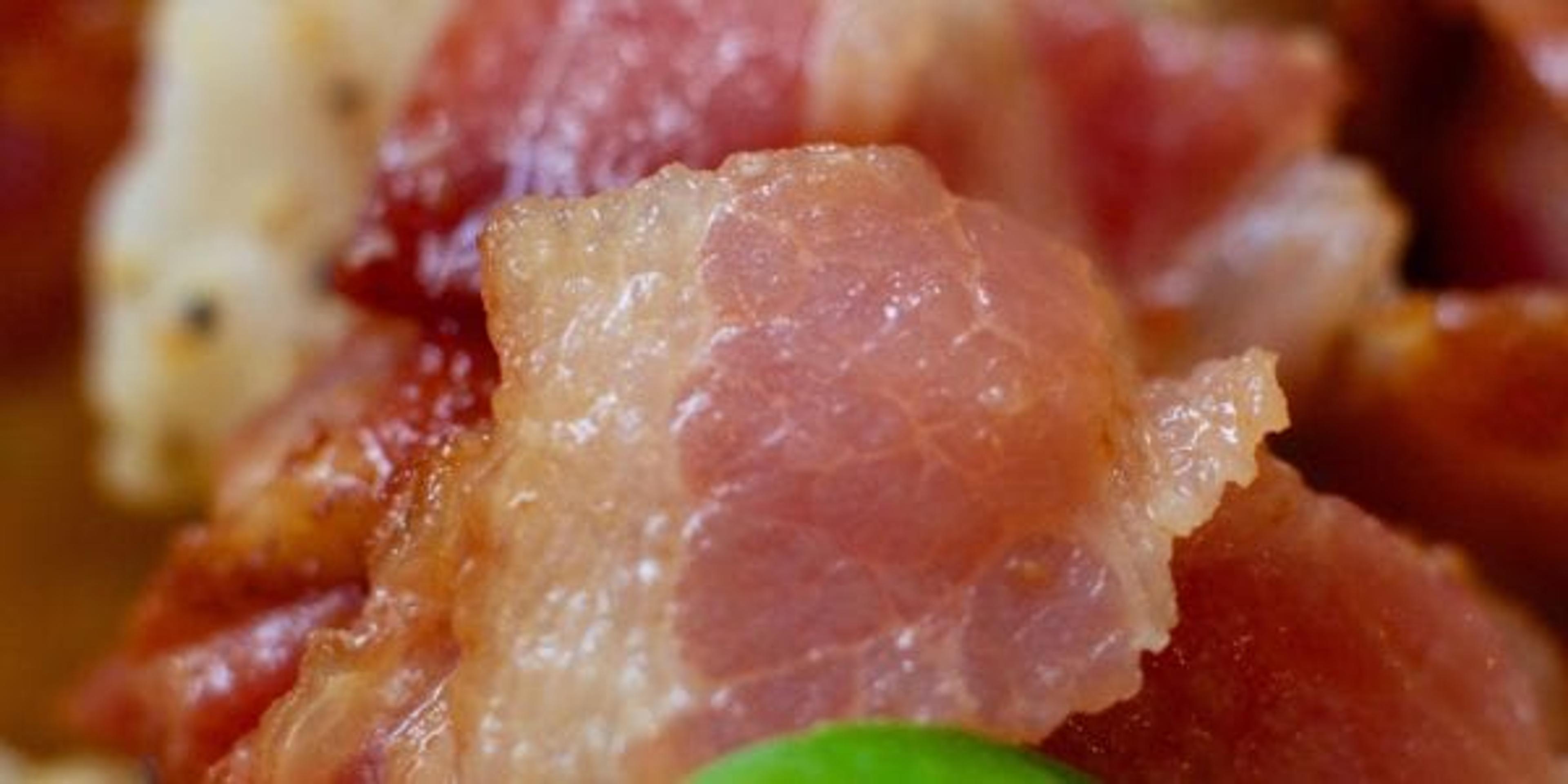The Ketogenic Diet: The Good, the Bad and the Ugly
Registered Dietician
| 3 min read

What is the Ketogenic Diet?
The Ketogenic diet is a high-fat, adequate-protein, and very low-carbohydrate diet. It is primarily used as a prescriptive diet for children with epilepsy because it decreases the amount of seizures. This diet puts the body into a state of ketosis. Ketosis is a normal metabolic process that occurs when the body does not have enough glucose for energy. The body then burns stored fats instead, which results in a build-up of acids called ketones.
On the ketogenic diet, one must keep their carbohydrate intake to only about 5%-10% of their calories, which would only be about 15-50 grams of carbohydrates per day. Think anywhere from a slice of bread to a bagel.
The Good
There is some research that indicates some health benefits of the keto diet, such as success with weight loss goals, improved blood sugars and insulin sensitivity, and improved cholesterol numbers. These shorter-termed studies have been conducted and prove some potential benefits of the ketogenic diet. However, there needs to be more research done to indicate if there are longer-term benefits. That is where I worry about the mindset and long-term health of anyone following the ketogenic diet.
The ketogenic diet drives behaviors toward more structure and discipline. I also hope people will learn more about healthy fats to add to their daily intake. Honestly, if people would meal plan, grocery shop and cook at home regularly this would help them save money and eat healthier — ketogenic diet or not.
The Bad
I always say; If a diet works, then why are you on a new one every year?
The word “diet” itself has the connotation of a beginning and an end. We still don’t know if there are any long-term health benefits to following such a strict meal plan. Moreover, there is not a lot of research regarding what happens after you follow the ketogenic diet and then go back to a more sustainable meal plan with all food groups and how that will affect your body.
The ketogenic diet eliminates or severely limits a variety of healthy food groups that are known to be nutritious and helpful to the body, such as fruits, starchy vegetables, whole grains, beans, legumes and dairy. Whenever food groups are cut out, that is not a sustainable meal plan that allows you to nourish your body properly. Also many ketogenic diets do not differ from heart healthy fats and unhealthy fats.
The Ugly
Carbohydrates are the main source of energy (glucose) for the body. Carbohydrates provide vitamins, minerals, antioxidants and plenty of fiber. They help fully nourish the body, keep us regular, give us energy and are the main source of fuel for our central nervous system (CNS) which is led by the brain. While other cells in the body can temporarily survive without glucose, the CNS must have it. Glucose, which comes from carbohydrates, are also essential to the function of red blood cells and hormone regulation.
As a dietitian, I also worry about the mindset of someone following various strict diets like the ketogenic diet. I want people to have a healthy relationship with food and their bodies. While following such restrictive diets where you cut out entire food groups can leave one feeling deprived, guilty and bad about enjoying food.
Photo credit: Kenneth Dahlstrøm
If you enjoyed this blog, you might also be interested in reading:





